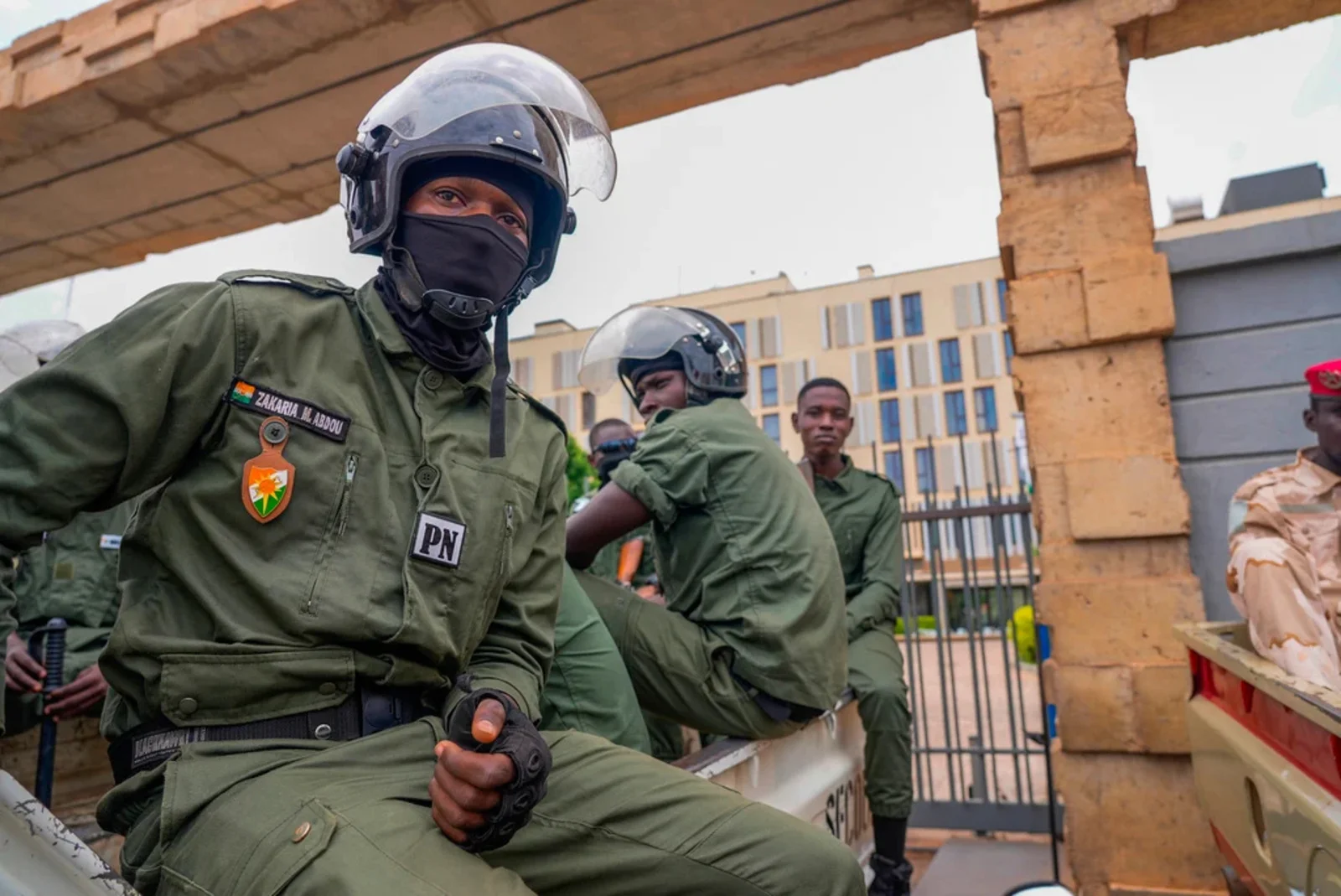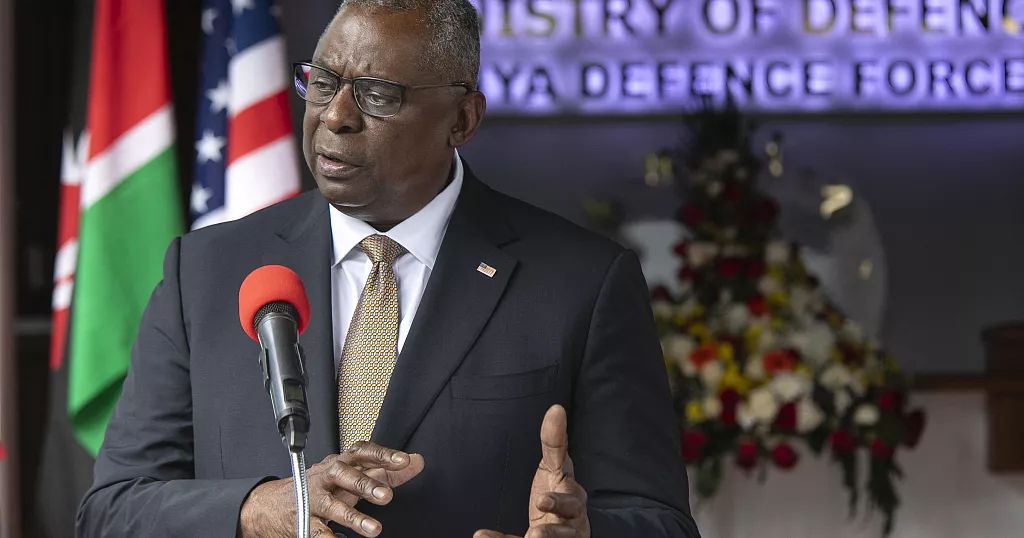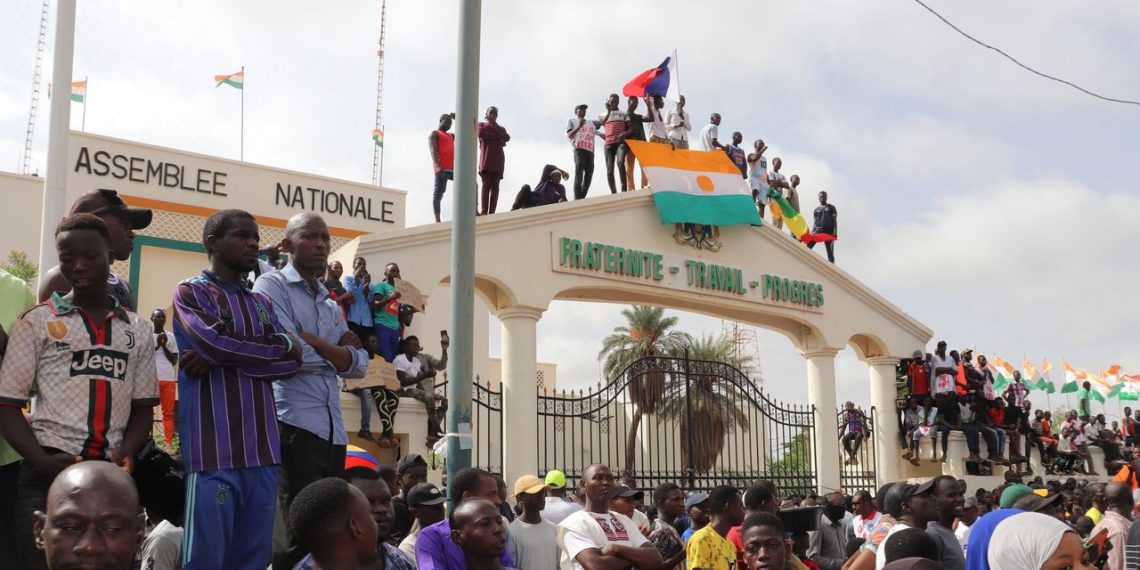Air Force General C.Q. Brown, chairman of the Joint Chiefs of Staff, addressed the uncertainty surrounding the U.S.-Niger relationship following Niger’s announcement to revoke an accord allowing U.S. troops to operate in the country.
Brown acknowledged receiving “mixed signals” from Niger’s ruling junta but refrained from providing further details. Despite the junta’s announcement, Brown’s comments hinted at a possible inclination within Niger’s leadership to support the continuation of U.S. military presence.
The State Department also weighed in on the matter, with deputy spokesperson Vedant Patel stating that Washington is actively communicating with Niger’s ruling military council, seeking clarification on their recent comments and discussing potential next steps.

Prior to the coup in July 2023, Niger had been a crucial partner for the United States in combating Islamist insurgents in the region.
The military junta that assumed power in Niamey has since expelled French and European forces, withdrawn from the Economic Community of West African States, and strengthened military ties with Russia.
Approximately 1,000 U.S. military personnel remain stationed in Niger, although their counter-terrorism operations have been suspended. Last week, during a meeting in Niger, senior Biden administration officials expressed concerns about the country’s growing connections with Russia and Iran.

This unease stems from high-level visits between Russian defense officials and the junta leader, as well as a trip by Niger’s prime minister to Iran in January.
In response to the U.S. delegation’s allegations regarding a purported secret agreement on uranium with Iran, Niger’s ruling junta issued a statement rejecting these claims.
Patel refrained from delving into specifics but emphasized the U.S. disagreement with the junta’s trajectory, expressing concerns about the direction it was taking.





